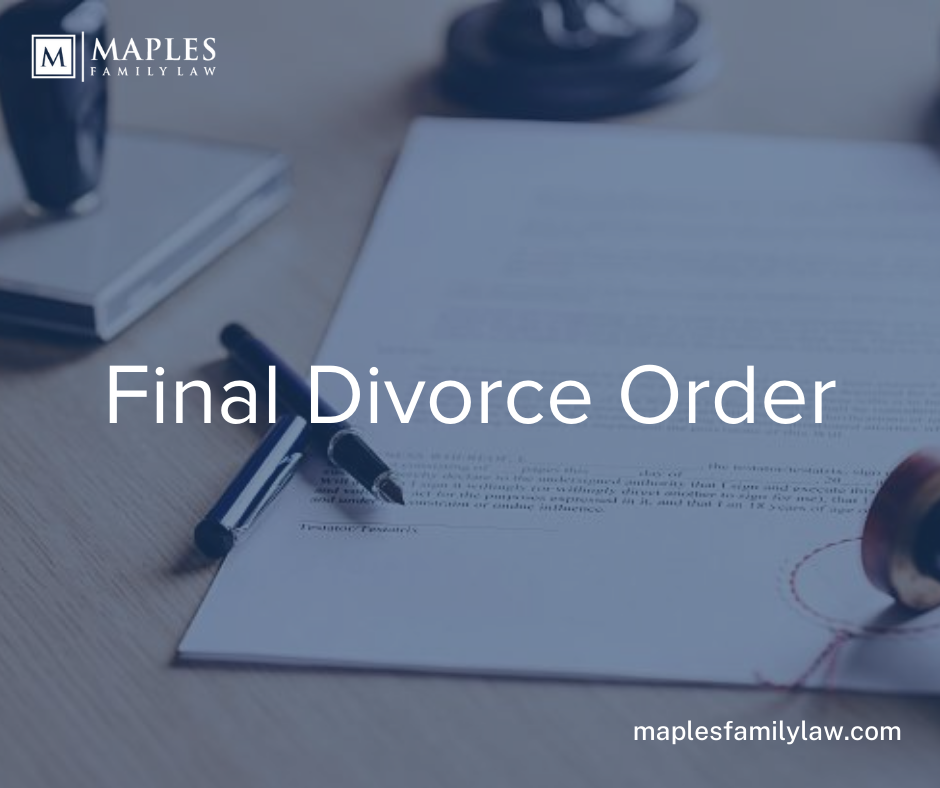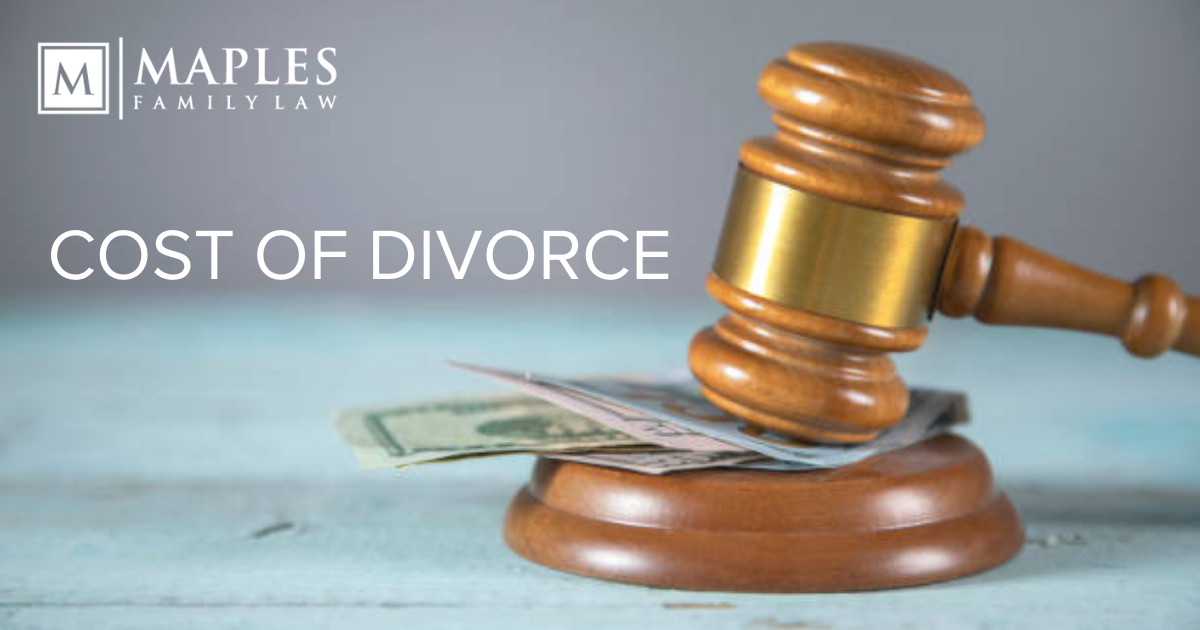 Divorce
Divorce
Collaborative Divorce in California
There’s no question about it: Divorce is tough.
However, a collaborative divorce can make things easier on you, your soon-to-be ex-spouse, and your children.
What is Collaborative Divorce?
The term collaborative divorce refers to the process of resolving your differences together rather than fighting things out in court. It involves negotiation (and sometimes mediation) so that both parties can walk away from the marriage knowing that they’ve solved the issues on their own, without forcing a judge to make decisions for them.
Collaborative divorce isn’t the right answer for everyone, though. In order for it to work, both spouses need to be willing to participate. Both spouses also have to recognize that divorce is a negotiation process and be willing to set aside their emotions and deal only in facts.
Who Shouldn’t Use Collaborative Divorce?
Typically, a collaborative divorce is not right for marriages that involved physical or emotional abuse, child abuse, or dishonesty about income and assets. It’s not often a good idea for spouses who are alienating children from one (or both) parents, either.
Are There Benefits to Collaborative Divorce?
There are several benefits to collaborative divorce for those who are able to use it. In addition to making things easier on you, your ex, and your kids, a collaborative divorce:
- Saves money. You don’t have to pay attorneys to “duke it out” in court over the things you can negotiate yourselves.
- Saves time. Litigation (fighting in court) is time-consuming. You have to wait for a space to open up on the court’s calendar, and you have to solve disputes one at a time on the court’s schedule.
- Takes place in an informal setting. You aren’t in the courtroom, missing work and using up vacation days, when you’re collaborating on your divorce.
- Lets you maintain control over the situation. You’ll have to share that control with your ex, because collaborative divorce does involve give-and-take, but ultimately, the way you solve disputes with your ex is up to you two.
- Allows you to negotiate a divorce settlement that works best for your family. When you don’t cooperate with your ex, the judge in your case will have to make final decisions for you—and while judges are fair and impartial, they don’t know what makes your family “tick.” That means a judge’s decisions may not be the best fit for you, your ex, or your kids.
What Happens if You and Your Ex Both Want a Collaborative Divorce?
If you and your ex can agree that a collaborative divorce is best, the first step is talking to a Stockton family law attorney who understands negotiation, mediation, and your desire to make your divorce as easy as possible.
You’ll meet with your lawyer to explain what it is you want from the divorce, and he or she will help you identify where you’re willing to compromise. You and your ex can reach agreements on your own, or you can bring in a professional mediator who can help.
You and your soon-to-be ex-spouse can collaborate to decide:
- Child custody and child support
- Spousal support
- Property division
Ultimately, the best part of collaborating with your ex is that when you do finally go to court (the judge still has to issue a divorce decree that officially dissolves your marriage) you can file an uncontested divorce.
Do You Need to Talk to a Stockton Divorce Lawyer?
If you’re ending your marriage and need to talk to a divorce lawyer in Stockton, we can help. Call us at 209-910-9865 to tell us what’s going on. We’ll evaluate your case and start building a strategy that gets you—and your family—the best possible outcome.






